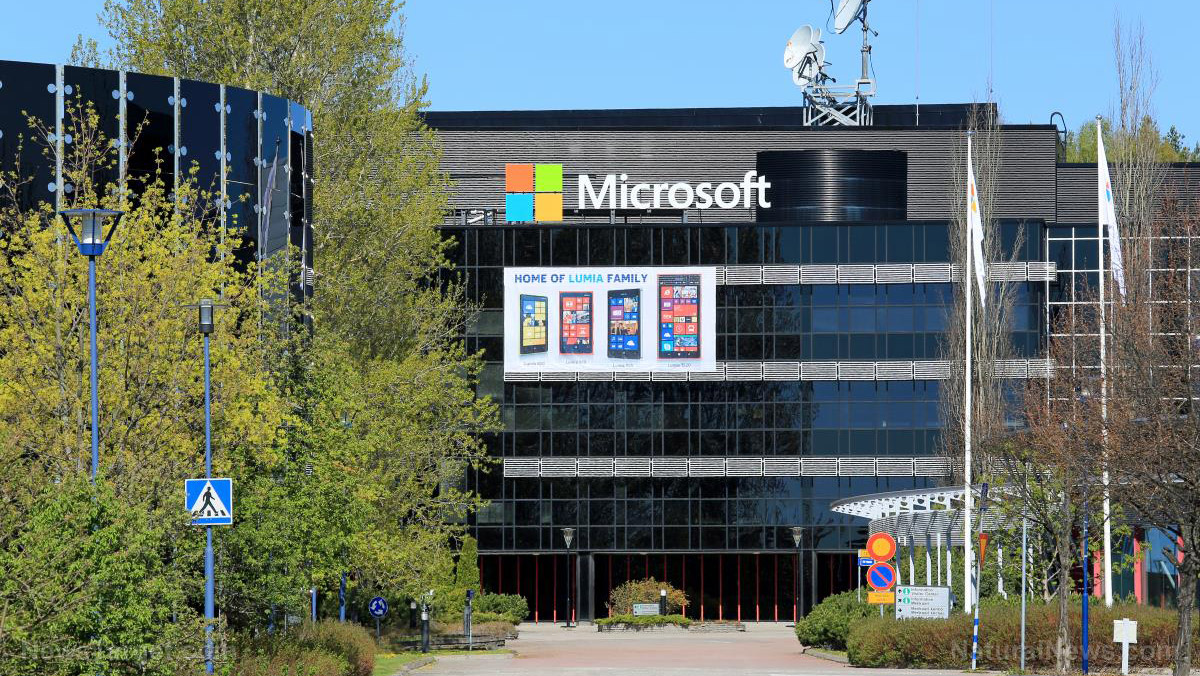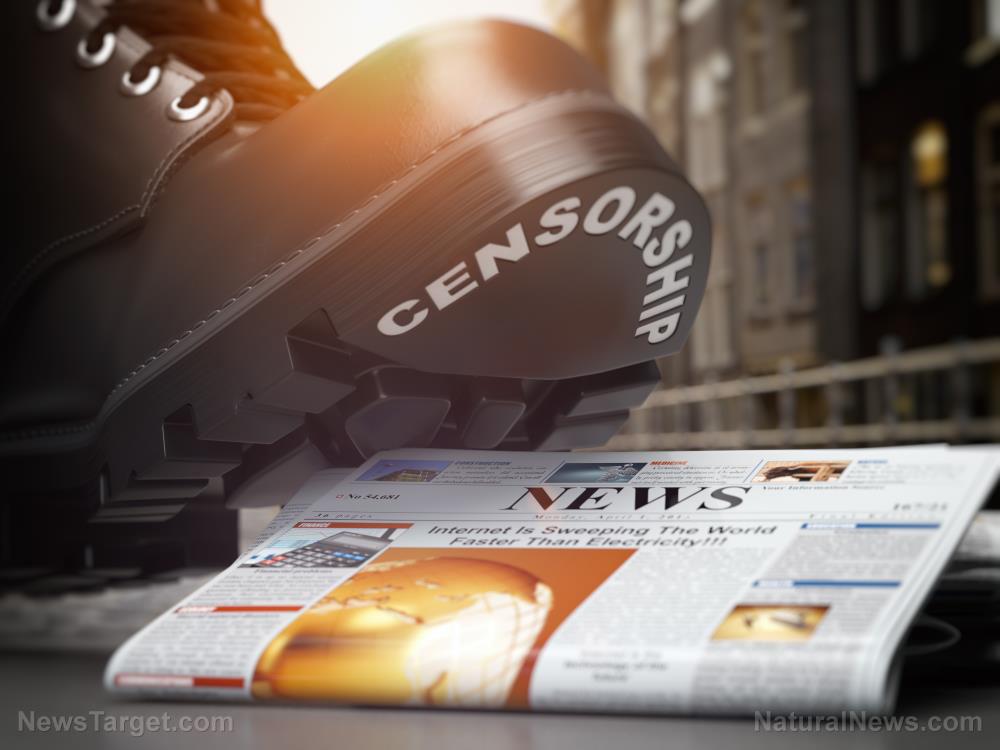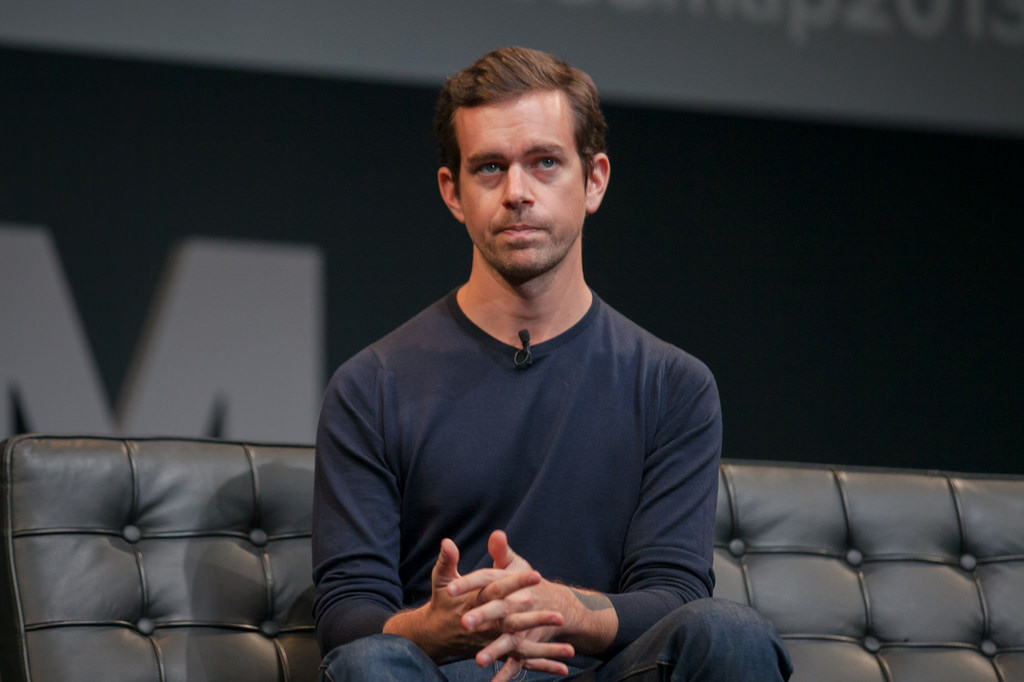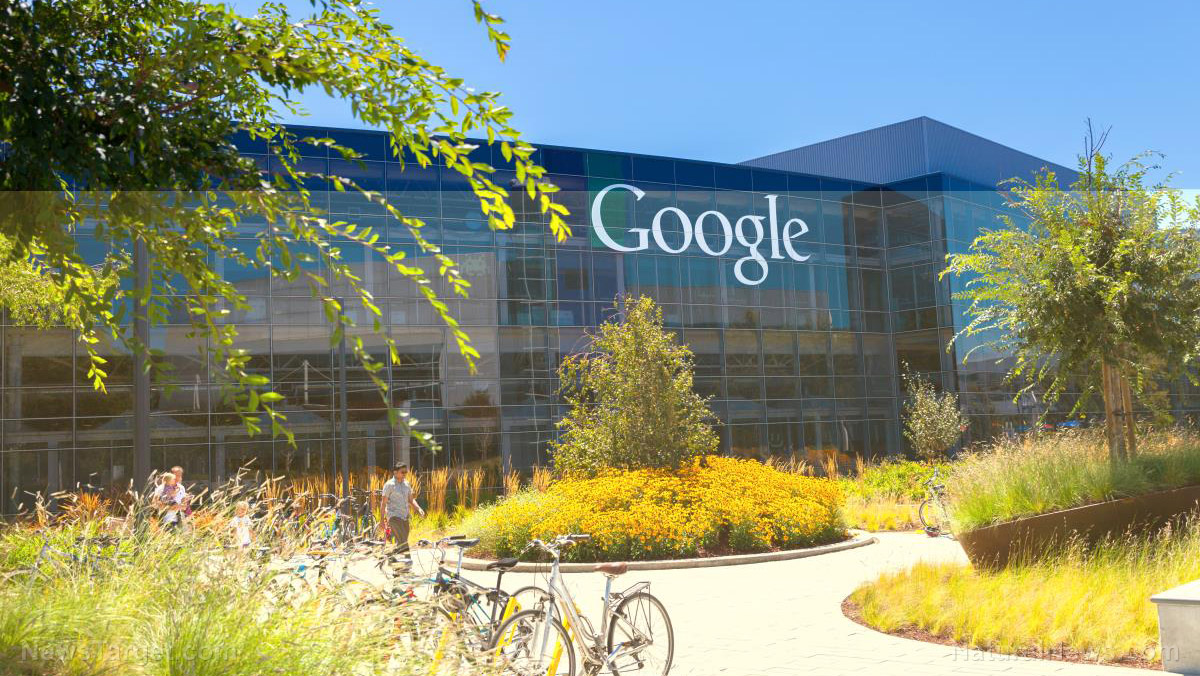5 things you need to know about fake net neutrality
04/04/2018 / By News Editors

Three years ago, Google used its influence over the Obama administration to pass sweeping federal government regulations over our modern internet networks. So-called “net neutrality” was subsequently sold to the public through a massive disinformation campaign, asserting that the rules as devised by Obama’s Federal Communications Commission (FCC) were necessary to ensure a “free and open internet.” Unfortunately, that description couldn’t be further from the truth.
(Article by Free Our Internet republished from Breitbart.com)
So-called net neutrality rules instead gave a false illusion of neutrality online and a false sense of protection. If anything, those rules singlehandedly weakened the free flow of information by empowering the world’s most powerful online companies like Google, Facebook and Twitter to censor speech, filter and manipulate information and abuse the collection of your personal data with absolutely no transparency or accountability. Here is how.
Fake Net Neutrality Doesn’t Apply to Google and Facebook
Net neutrality rules only apply to internet service providers (ISPs) like Verizon and Comcast. They do not, nor have they ever, been applied to the largest internet companies in the world – Google, Facebook, Twitter and Amazon.
Net neutrality is the principle that all data on the internet should be treated the same. However, the fake net neutrality purposefully excluded Silicon Valley internet companies, rendering them free to block and discriminate against content.
Fake Net Neutrality Allows for Online Censorship and Less Transparency
Fake net neutrality only applies to ISPs, not massive communications platforms like Facebook, Twitter, YouTube and Google. Those platforms now have almost total control over online information and are now blocking access to content, censoring or shutting out users and manipulating what data consumers can and can’t see online. This is increasingly becoming standard practice for Silicon Valley.
Proponents of Obama’s net neutrality often cite a dozen “examples” of ISPs blocking or throttling since 2005, but each case is extremely weak, was immediately fixed, or was a network management issue. However, in the 2.5 years the fake net neutrality rules were in place, social media giants like Facebook, YouTube and Twitter have repeatedly been caught censoring content (primarily from conservatives), blocking, banning or demonetizing users, and abusing user data with little transparency. They even work with foreign governments to silence voices online that don’t fit political agendas.
Fake Net Neutrality Was a Result of Google’s Cozy Relationship with Obama
Google was the closest corporate ally of the Obama administration – enjoying more access to the former president, staff and regulators than any other business in America. In fact, then-Google Chairman Eric Schmidt helped to elect the former president, ironically by scraping the same type of personal data Cambridge Analytica accessed.
The fake net neutrality rules were passed in conjunction with Google’s frequent lobbying visits to the Obama White House. It was during all of these visits that Obama instructed the FCC – an independent agency – to adopt rules put in place in 1934 for government monopolies. After this unprecedented meddling, the FCC changed course and adopted Google’s Obama’s preferred regulations.
During the short time that those rules were in place, Google and Facebook censorship skyrocketed, transparency continued to take a nose dive, and deep-hidden algorithms continued to manipulate the information users see online.
Fake Net Neutrality Ignores the Near-Monopoly Power of Google and Facebook
Google’s Chrome browser enjoys 65 percent market share in the US, with Internet Explorer coming in second at only 9 percent. Google’s search engine dominates with 88.26 percent of the market. Facebook dominates social media with nearly 80 percent of the market. And Google and Facebook account for 73 percent of all digital advertising in the United States. Google’s dominance across platforms, services and hardware alone is an unprecedented demonstration of power.
Fake net neutrality was pushed on the premise that it was necessary to deal with monopolistic internet gatekeepers. If we are to take that seriously, then clearly real net neutrality must apply to those with actual market power – Google and Facebook. Not only does their power demonstrate an ability to harm competition, but more importantly, we have already seen how they exercise this power to tamper with unfettered access to information online.
Congressional Efforts to Protect Fake Net Neutrality by Passing the CRA Undermine Any Chance of Real Net Neutrality Protections
Democrats led by Senator Ed Markey (D-MA) are seeking to reinstate the Silicon Valley/Obama fake net neutrality rules by the use of an obscure legislative tool – the CRA. Any successful use of the CRA would continue to exempt Facebook and Google from any rules that; prohibit blocking and censoring content; require enhanced transparency; or discriminate against lawful online users, services and applications.
The Internet Association (which represents Google, Twitter, Facebook, etc.) states that net neutrality is necessary to ensure there is “no unreasonable interference/disadvantage” and that “practices that unreasonably interfere with or unreasonably disadvantage the ability of consumers to reach the internet content, services, and applications of their choosing,” should be examined or prohibited, if necessary.
That sounds great, so why are lawmakers trying to carve out the largest global companies that have a hand in virtually all online communications? The only way to have real net neutrality is to apply these rules to the internet’s largest information gatekeepers, so Congress should do what they were elected to do and write legislation that protects their constituents, not their corporate donors out west.
Read more at: Breitbart.com
Tagged Under: breach, Facebook, fake net neutrality, freedom, Google, information, information technology, internet, mark zuckerberg, net neutrality, privacy, Social media, technology, World Wide Web




















